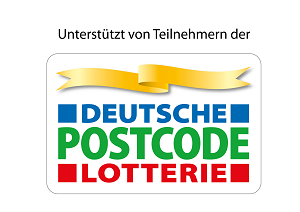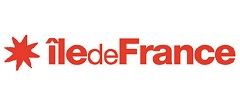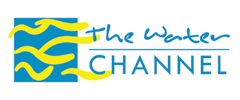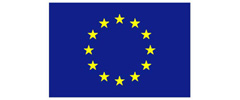WECF Publication "Gender and Climate Change"
WECF fosters the participation of women and men from the EECCA region in its delegations attending international meetings on climate change as the whole region is underrepresented and supports participation of women in climate change negotiations as women’s views and visions are not yet sufficiently taken into account
21.06.2010
New WECF Publication "Gender and Climate Change" (in English and Russian)

On the one hand, women are hit harder by climate change impacts than men, because women are generally responsible for securing the survival of their families by providing them with such resources, as water and fuel, which are becoming more scarce. Furthermore, women often face a higher workload, unequal chances of survival (difference in the capacity to move and constraints in their mobility) and a lack of participation in decision-making. On the other hand, women contribute less to climate change than men and offer other perspectives and solutions for a transformation to a lowcarbon green and just economy.
Women in Europe for a Common Future (WECF) fosters the participation of women and men from the EECCA region in its delegations attending international meetings on climate change as the whole region is underrepresented. WECF particularly aims at increasing the participation of women from all over the world in climate change negotiations as women’s views and visions are not yet sufficiently taken into account.
At local level WECF guarantees gender sensitive project implementation in relation to energy issues and the development of adaptation and mitigation strategies.
Furthermore, WECF calls for the improvement of the accessibility of household and community level projects within the Clean Development Mechanism (CDM).
This will increase access for women to global climate funding mechanisms. This can furthermore reconcile the needs of reducing poverty whilst mitigating
climate change and contribute to real sustainable development as required by the Kyoto Protocol.
To fulfil this goal WECF calls for social and environmental criteria as defined in the gold standard, which requires certain criteria for CDM projects to be called
“real sustainable”, and the need for the collection and evaluation of gender sensitive data when implementing these projects.
Contact:
sabine.bock@wecf.eu, anke.stock@wecf.eu


































